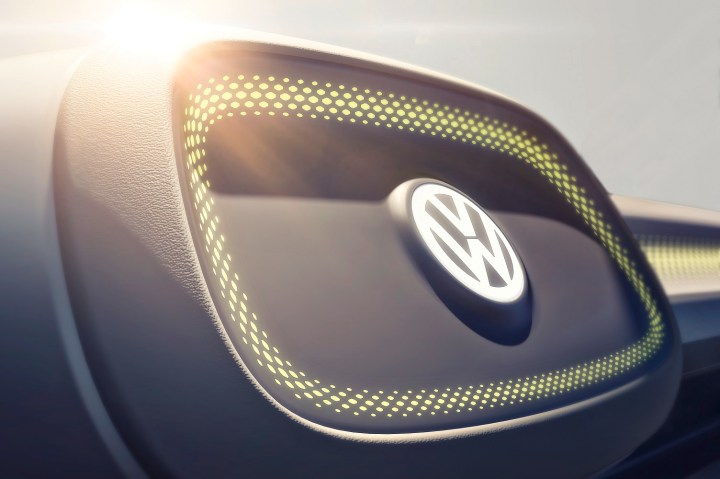
Indeed, Uber already faces growing competition in developing nations — Didi Chuxing managed to kick Uber out of China, and now, Volkswagen may have a foothold in Rwanda ahead of the San Francisco-based ridesharing service. While Uber has a presence in Kenya, it hasn’t been there long (it only launched in early 2015), and is already encountering local competition.
On Thursday, the manufacturer noted that it had signed a memorandum of understanding in Kigali agreeing to a new business venture. “Volkswagen wants to strengthen its presence in emerging markets. That is why Africa ranks high on our agenda,” said Volkswagen brand chief Herbert Diess.
This isn’t the first time Volkswagen has dipped a toe into ridesharing. Back in May, it made a $300 million investment in Gett, another black car service that differentiates itself from Uber by promising lower prices (or at the very least, declining to apply any “surge” pricing models to customers). And in Rwanda, the German carmaker plans on using electric vehicles to help catapult the country into the future of mobility.
Furthermore, Volkswagen’s agreement includes a Rwandan vehicle production facility, helping to further its manufacturing operations in the continent, where vehicle sales are expected to increase 40 percent by 2021. “There will be an investigation phase which will go on from January until April and May until we have the final business model together and if all looks good we will move ahead and we will see the first cars being assembled by the end of year,” VW’s South Africa Chief Executive Thomas Schaefer said in a news conference in Kigali late on Wednesday.
So even if you see fewer and fewer VW’s on the roads in the U.S., you need only to look to Africa to see where the real progress is being made.


